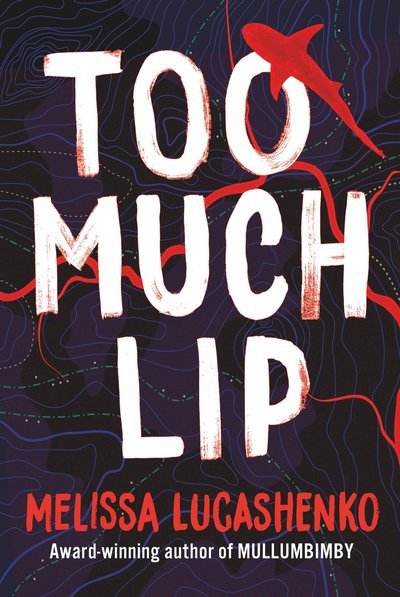What do you think?
Rate this book


328 pages, Paperback
First published January 1, 2018
“She was charged with shooting the accused, who in giving evidence against her, made no secret of what his intentions were towards the woman. She, he said, was only a gin, and he could do what he liked with her.
‘District Court, Criminal Sittings’,
Brisbane Telegraph, 31 January 1908”
‘Thing is, you run now, after last night, and it’ll haunt you forever. You can go as far away as you like, but the past always comes along for the ride.’ (p.255)
‘Thing is, you run now, after last night, and it’ll haunt you forever. You can go as far away as you like, but the past always comes along for the ride.’